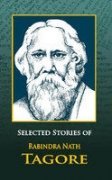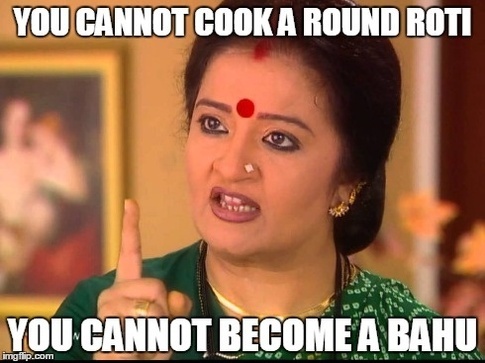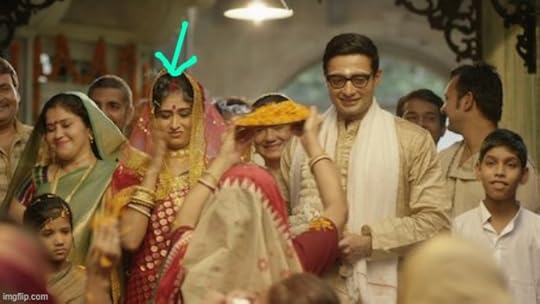What do you think?
Rate this book


208 pages, Paperback
Published January 1, 2012
















"her mother looked upon her as a deformity in herself."
"Her mother regarded her with aversion as a stain upon her own body."
The subtlety and simplicity with which Sir Tagore writes, compliments the old Indian times of Calcutta and places around it. Stories with lessons and hidden morals reminds me of English textbook stories which was worth looking forward to when a fresh new year began.
The best part about Sir Tagore's stories are that they have a very mellow edge to the stories which reflect the hardships and struggles of a common man. Although written with respect to a society which dated back almost a century back the style in which the emotions are displayed can be related to even today. Not ending a story in a conventional 'happy ending' manner makes it stand out from the rest. It makes us roam around the fictional world of the story for sometime and hitting the harsh reality of the world at the end teaching us that in reality 'happiness' is just another emotion and not the sole emotion to be in perpetually and that human beings need to have the ability to deal with other emotions as strongly and adamantly as much as they treat happiness.
The last story "The Son of Rashmani" moved me the most. I almost welled up a little at the end. I guess the best one was kept for the last. Apart from this it would be difficult to pick out the best ones but few I found really good were 'The Cabuliwallah', 'Subha'(for effectively portraying the hardships and emotions of dumb people ) and 'The Castaway' (The way he has justified the 'theft' filled with emotions is brilliant.)